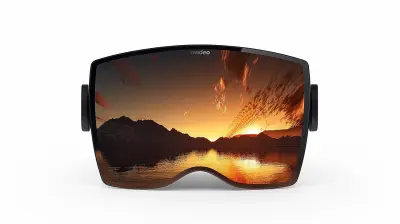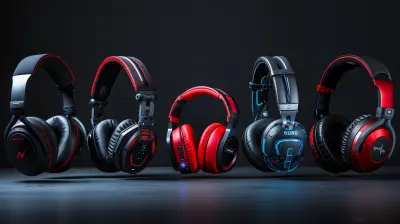Why Chemistry Is Crucial for Success in Esports Teams
27 May 2025
Let’s face it—when it comes to esports, most of us tend to focus on raw talent, individual skill sets, and jaw-dropping gameplay highlights. You know, those moments when a player pulls off an insane clutch or lands the perfect headshot in a high-stakes match. While those things are important, there's a less flashy but equally critical component that often flies under the radar: team chemistry.
Yes, chemistry! No, I don’t mean the kind you learned in high school involving periodic tables and chemical reactions. I’m talking about the magic that happens when players connect, communicate, and collaborate seamlessly as a unit. In esports, where teamwork often makes the difference between glory and defeat, chemistry isn’t just nice to have—it’s absolutely essential.
So, why is chemistry so important in the world of esports? Pull up a chair, grab a snack, and let’s break it all down.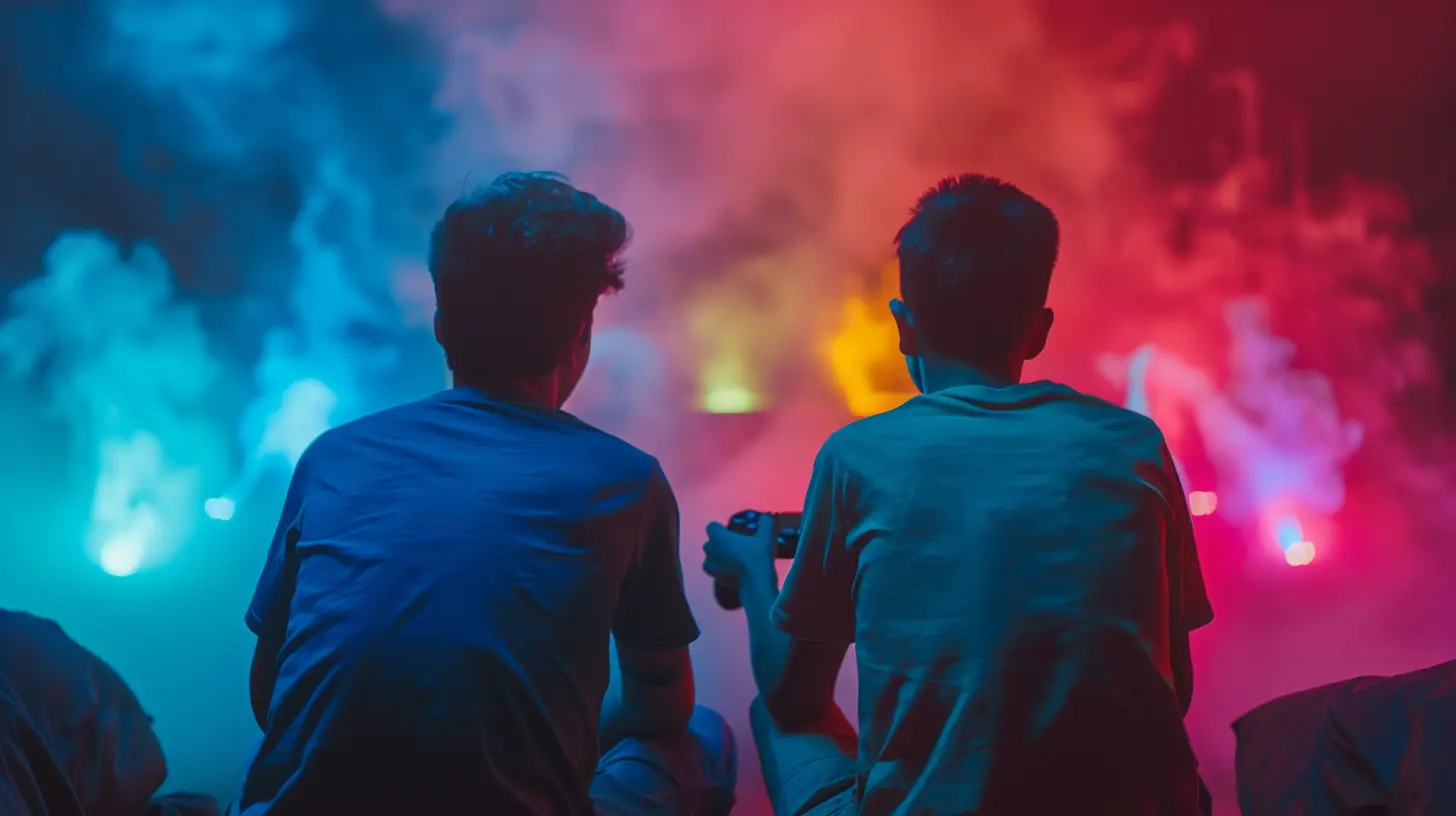
What Is Team Chemistry in Esports?
Before we dive into why chemistry is crucial, let’s get on the same page about what it actually is. At its core, team chemistry is the bond, trust, and mutual understanding between teammates. It’s the invisible thread that connects players, allowing them to work like a well-oiled machine, even in the most chaotic scenarios.Imagine a group of musicians performing a song. If one person goes offbeat, the entire performance falls apart. The same principle applies to esports teams. Each player has a role to play, and without harmony, things can get messy real fast. 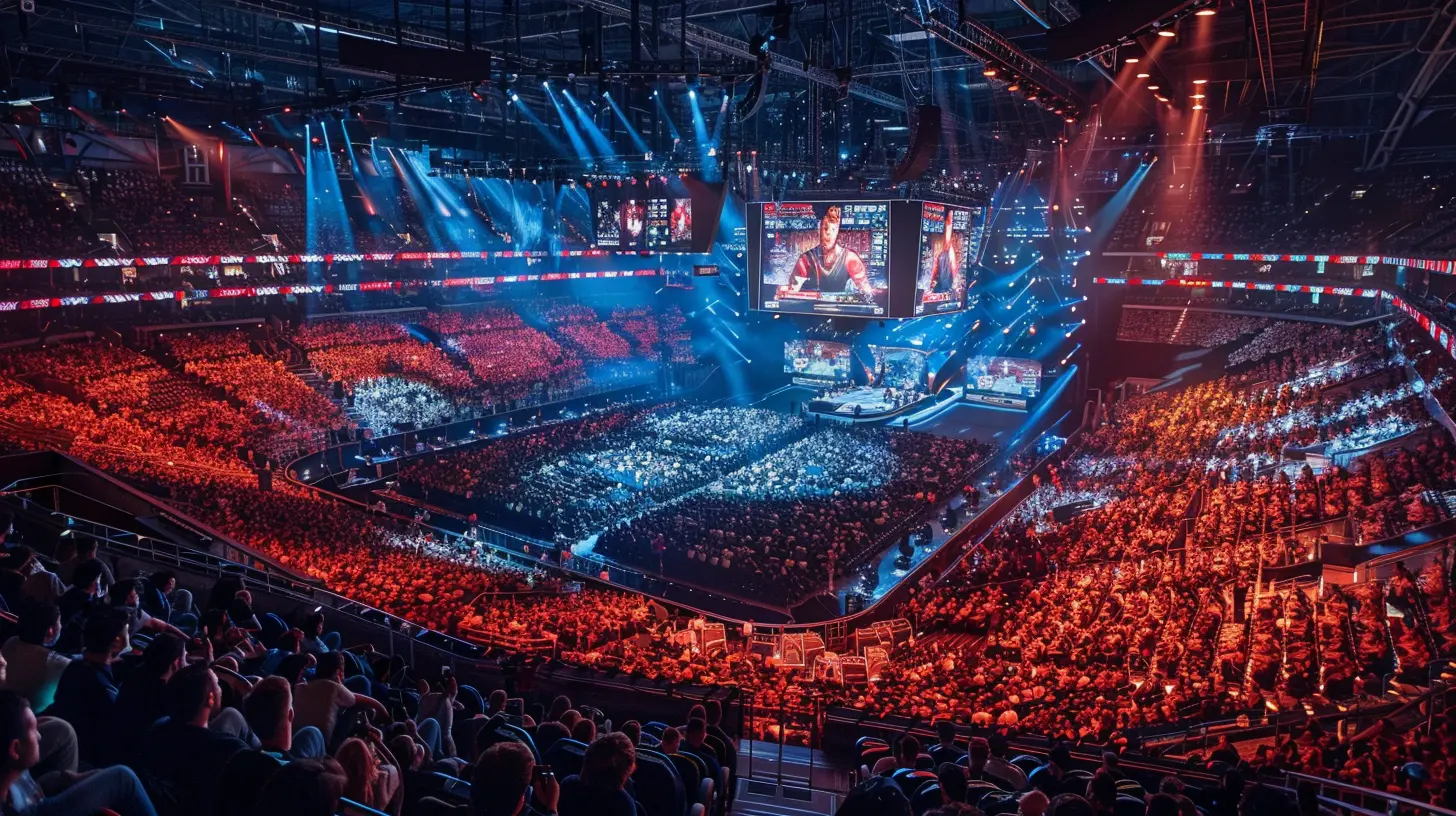
Why Individual Skill Isn't Enough
Okay, let’s address the elephant in the room. Sure, individual skill is crucial in esports, and you can’t deny that. After all, who doesn’t love a player with insane reflexes or pixel-perfect aim? But here’s the thing: esports is rarely a one-person show.In team-based games like League of Legends, CS:GO, Overwatch, or even Valorant, you can’t just "solo carry" every match. These games rely heavily on cooperation and synergy. Without solid chemistry, even the most skilled individuals can struggle to bring home a win.
Think of it like building a house. You might have the best materials (talented players), but without a strong foundation (team chemistry), the whole thing comes crumbling down. 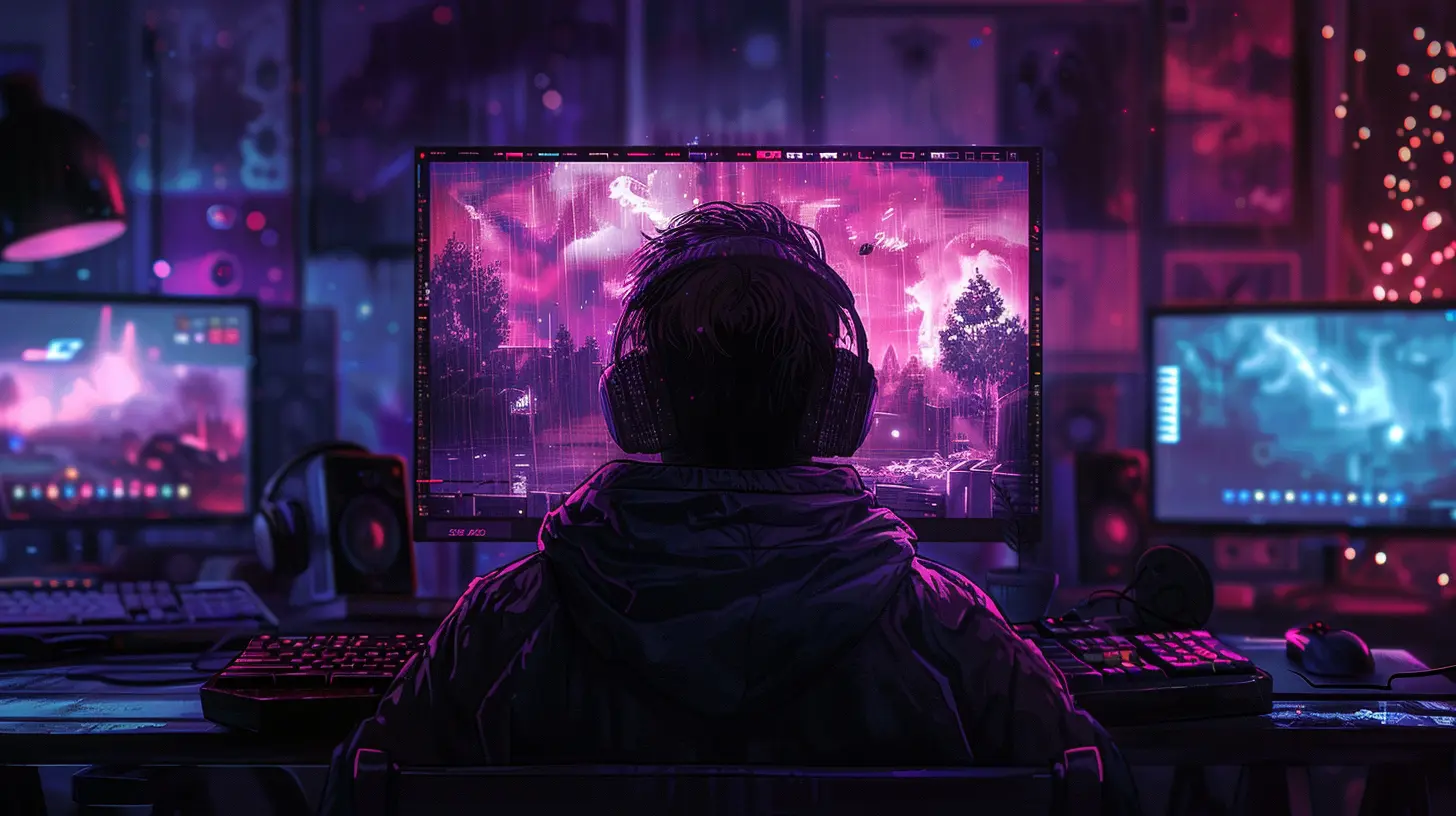
Communication: The Backbone of Chemistry
Ever tried playing a game with someone who doesn’t use their mic or never listens to callouts? It’s a nightmare, right? Good communication is the backbone of team chemistry. It’s not just about talking—it’s about understanding and acting on what’s said.In esports, where split-second decisions can make or break a game, effective communication is non-negotiable. A team with great chemistry knows how to talk to each other without wasting time or stepping on each other's toes.
For example, in Dota 2, a well-timed "smoke gank" requires coordination between teammates. Everyone needs to be on the same page about when to attack, where to go, and who to target. Without chemistry, these strategies can turn into a chaotic mess. 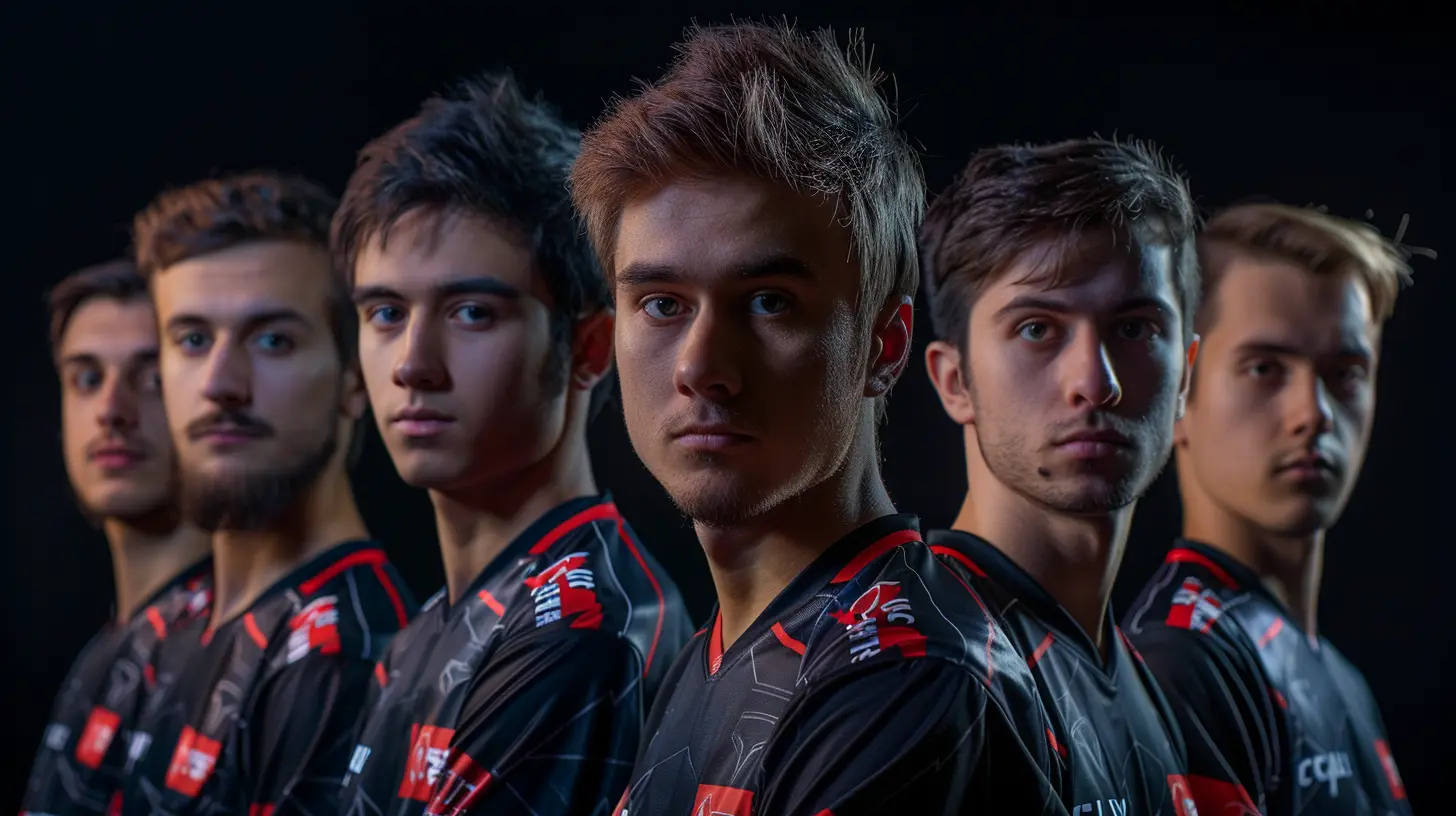
Shared Goals Lead to Better Teamwork
Let’s get real—no one likes a glory hog. In esports, having players who only care about their personal stats at the expense of the team’s success is a recipe for disaster. Chemistry fosters a sense of shared goals.When everyone is working toward the same objective—whether it’s winning a championship, climbing the competitive ladder, or just becoming a better team—amazing things can happen. This shared sense of purpose keeps everyone motivated and focused, even during rough patches.
Trust: The Secret Sauce of Esports Teams
Trust is the glue that holds a team together. Without it, things fall apart. This is especially true in esports, where players often have to rely on their teammates to carry out specific strategies.For instance, in Rainbow Six Siege, one player might need to hold down a specific location on the map while others execute an entirely different plan. If you don’t trust your teammate to handle their job, you’ll probably end up overextending or second-guessing, and that can cost you the match.
Great chemistry allows players to focus on their own responsibilities without constantly worrying about what everyone else is doing.
Chemistry Off the Screen Matters Too
Here’s a pro tip: team chemistry doesn’t just happen during matches. In fact, some of the best esports teams build their chemistry off the screen.Yep, hanging out in real life (or virtually) can do wonders for a team’s synergy. Whether it’s grabbing a meal together, playing non-competitive games, or just chatting about life, these small moments add up. They create a sense of camaraderie and friendship that translates into better teamwork during matches.
Ever heard of the phrase “a team that plays together, stays together”? It’s true!
Conflict? Handle It Like Pros
Let’s not sugarcoat things—conflicts happen. Even the best teams will butt heads from time to time. But here’s the kicker: how a team handles conflict can either strengthen or break their chemistry.Teams with good chemistry know how to resolve disputes without letting them spiral out of control. They communicate openly, listen to each other’s perspectives, and find solutions that work for everyone.
On the other hand, unresolved conflicts can create tension and resentment, which makes it almost impossible to function effectively as a team.
Famous Esports Teams With Incredible Chemistry
Want proof that chemistry matters? Just look at some of the most successful esports teams in history.- Astralis (CS:GO): Known for their incredible teamwork, this Danish roster dominated the CS:GO scene by focusing on strategy and synergy rather than just individual skill.
- T1 (League of Legends): This iconic team has had its ups and downs, but when their chemistry is on point, they’re nearly unstoppable.
- Overwatch League’s San Francisco Shock: With back-to-back championships, this team’s ability to adapt and work together is second to none.
These teams didn’t just rely on raw talent. They invested time and effort into building chemistry—and it paid off big time.
How to Build Chemistry: Tips for Teams
So, how can you build better chemistry with your esports team? Here are some tried-and-true tips:1. Communicate Often: Talk about what’s working, what’s not, and how to improve.
2. Practice Together: The more you play as a team, the better your chemistry will become.
3. Resolve Conflicts Quickly: Don’t let disagreements fester—address them head-on.
4. Spend Time Outside Games: Get to know your teammates as people, not just players.
5. Give Constructive Feedback: Help each other improve without being overly critical.
Remember, building chemistry takes time. Be patient and focus on progress rather than perfection.
Wrapping It Up
At the end of the day, team chemistry can be the difference between being a good esports team and a great one. It’s not just about playing the game—it’s about playing together. When players trust each other, communicate effectively, and share the same goals, they can achieve incredible things.So, if you’re part of an esports team (or thinking about forming one), don’t overlook chemistry. Sure, it’s not as flashy as a highlight reel, but it’s what leads to consistent wins and long-term success. And in a world as competitive as esports, that’s what really counts.
all images in this post were generated using AI tools
Category:
Competitive GamingAuthor:

Leif Coleman
Discussion
rate this article
3 comments
Carrie Powell
This article beautifully highlights the often-overlooked importance of chemistry in esports. Team dynamics are just as vital as skills or strategies. Fostering genuine connections can elevate performance and bring out the best in each player. Thank you for shedding light on this essential aspect of competitive gaming!
June 8, 2025 at 3:02 PM

Leif Coleman
Thank you for your thoughtful insights! I'm glad you found the article resonated with the importance of team chemistry in esports.
Caelum McInnes
Chemistry in esports? Guess they need more than just game snacks!
June 6, 2025 at 3:10 AM

Leif Coleman
Absolutely! Just like in chemistry, successful esports teams require a strong mix of teamwork, communication, and strategy to thrive. Game snacks are just the beginning!
Rhiannon Martin
The article astutely highlights chemistry as a cornerstone of esports success, yet it underestimates the role of individual motivation and adaptability. Team dynamics flourishes not only through synergy but also through players' resilience in facing ever-evolving competitive landscapes.
May 30, 2025 at 3:37 AM

Leif Coleman
Thank you for your insightful comment! I agree that individual motivation and adaptability play significant roles in team dynamics and success in esports. Both chemistry and personal resilience are essential for navigating the competitive landscape.
